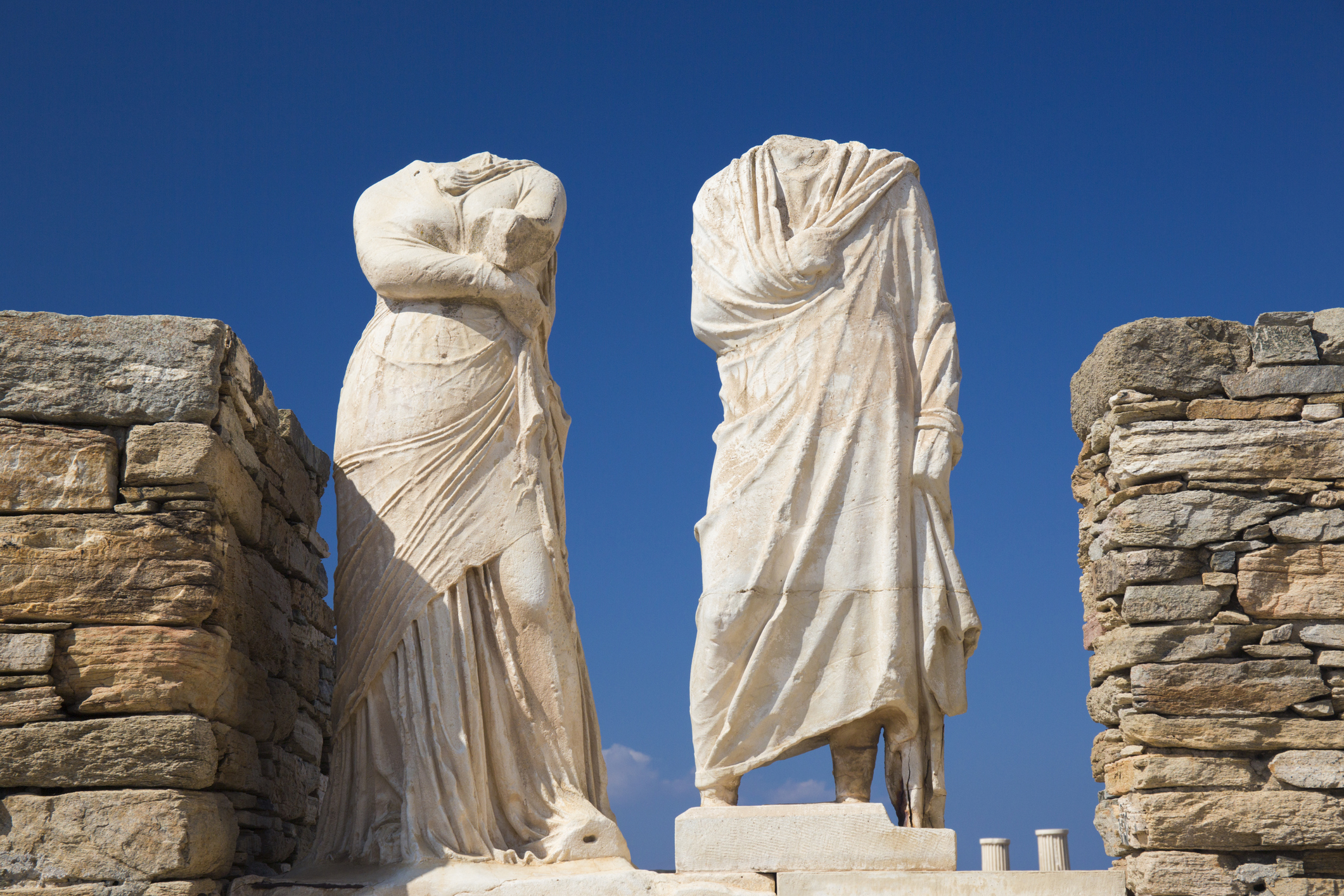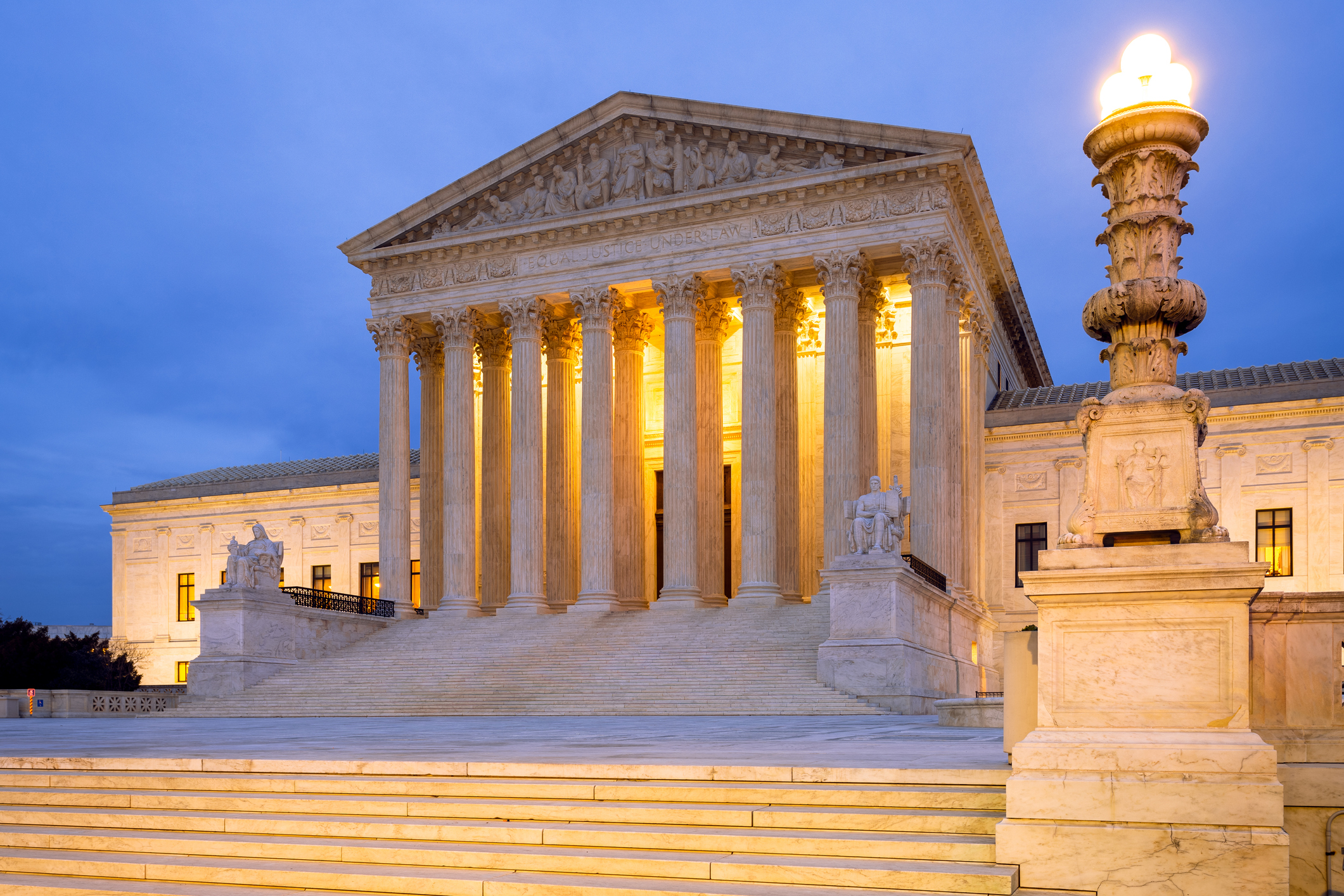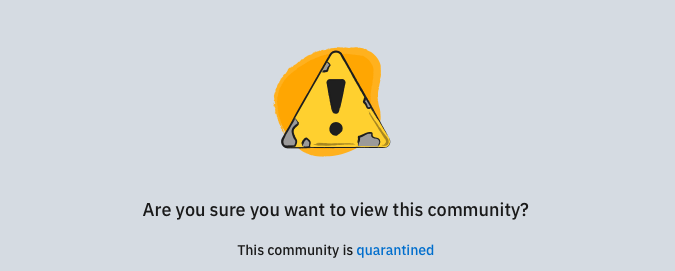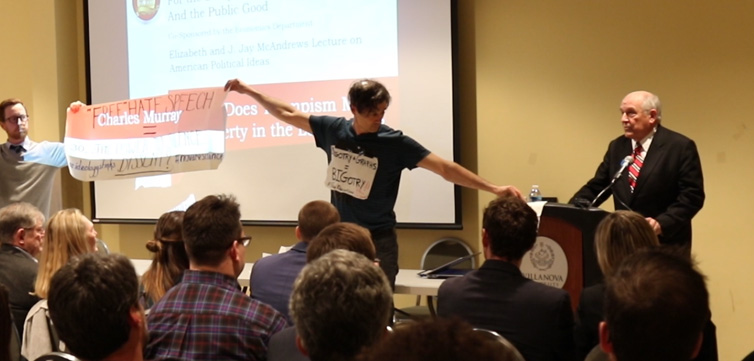Today’s official version of “progress” is eating its own tail.
The Wages of Relativism

Not all speech is created equal.
America is burning. Peaceful protests against police abuse have been marred by the presence of looters and rioters. Most people want to distance themselves from team riot—but everyone has a different theory about who these people are. Some say the primary instigators are Antifa, others say white supremacists. Likely both elements are attacking the social fabric—trying to pour as much gasoline on the spark lit by the police in Minneapolis.
These groups are organized—coordinating and maintaining violent uprisings across the nation. But in all the attempts to explain how these uprisings came to be in the first place, an essential cause has been overlooked: relativism.
There used to be several legal methods for preventing mob rule in this country. If a group seemed potentially dangerous it could be denied permission to march. In the wake of the Klan, it could be made illegal to burn a cross. Gang injunctions could restrain highly volatile groups from threatening the public peace.
But in each instance, the ACLU challenged these laws under a relativistic approach to free speech. We are now seeing the fruits of prohibiting the law from involving itself in such decisions.
The ACLU pushes the narrative that it is advocating for a neutral free association and speech right. But “neutral” in these cases means relativism. It cannot distinguish between Nazis marching among Holocaust survivors and the NAACP marching for racial equality.
In an article criticizing exactly this shift toward relativism, Hadley Arkes connected the Nazi marchers in Skokie to the white supremacists at Charlottesville. He noted that the ACLU argues Nazis had a right to march through a Holocaust-survivor neighborhood in Skokie “so that each of us can make a free and intelligent choice.” But as Professor Arkes points out, the right to a “free and intelligent choice” presupposes a human equality that choosing the Nazis would deny.
A hate group’s ability to engage in political activity, including organization, must necessarily be limited with this moral framework in place. And the conduct available to these groups would also be limited in meaningful ways. A society could acknowledge that, in context, certain behavior—the politically serious display of a swastika or burning of a cross—is the language of intimidation. This type of expression is inimical to a free society—and a government restricting these moves to attack the safety of citizens and communities is not an attack on freedom of speech.
Who is Protected?
So-called champions of free speech might recoil here. And we will hear the same old saws—do you want judges and juries making these kinds of decisions? And the answer is—yes we do, and they already do.
Assault and battery law distinguish between harmful and offensive touching and other forms of touching. That line is determined by what a reasonable person would find offensive or harmful. Courts are able to determine if statements are false—in deciding fraud or defamation cases. Similarly, the several states and the federal government regulate false advertising, but do not punish puffery or the expression of opinion.
Nor is the objection in any way textual or originalist—for those attracted to such arguments. The First Amendment includes a list of things that Congress cannot restrict. The list includes words sufficiently broad that it might prevent Congress from outlawing committing fraud using the postal service. But the canon of construction noscitur a sociis—which says that a key word in a statute is “known by its associates,” or understood better in the context of its surrounding language—provides guidance here.
Another activity protected on the list is the right to “peaceably assemble.” In other words, these rights need to be understood in the context of activity that is rightful and does not disturb the peace. They are to be understood within a moral framework—or, to quote Lincoln, one “cannot say people have a right to do wrong.”
These textual and common law examples give force to the argument that not all forms of expression fall within the right of speech. And the practice of the federal government reinforces this interpretation. Congress passed the Alien and Sedition Acts in 1798. These Acts were never held unconstitutional by the Supreme Court. And legislation restricting harmful expressive activities was upheld as late as 1957 in Yates v. U.S.: “The distinction between advocacy of abstract doctrine and advocacy directed at promoting unlawful action is one that has been consistently recognized in the opinions of this Court.”
So then, neither the text of the First Amendment nor any originalist understanding of freedom of speech could include the kind of associations and activity protected by the ACLU’s interpretation of free-speech rights. The common law also does not provide support for an amoral approach to speech. Nor does this approach provide any objective grounds for supporting free speech. A so-called right that treats Fagin’s school of pickpockets the same as MIT cannot coherently teach citizens what is good about speech.
But of more immediate concern is how the current regime diminishes other rights. Because the people cannot secure their safety by regulating these illegitimate forms of association and advocacy, we are left with over-broad measures to secure the nation. For example, instead of aggressive punishment of supremacist and subversive advocacy and organizations, lawmakers think it more sensible to pass laws depriving all Americans of gun rights. This way we try to get at a specific problem— the danger of lethal extremists—by sacrificing everyone’s constitutional rights. Would it not make more sense to simply criminalize the extremism and leave the rights of good citizens intact?
As Ye Reap, So Shall Ye Sow.
Today, we are witnessing the consequences of our inability to dismantle these groups before actual violence breaks out: those who want to peacefully protest are denied the opportunity. If these groups had been crippled before now, they would not be currently overrunning our streets and terrorizing Americans. And importantly, the focus of our nation would be where it needs to be—meaningful reform of law enforcement and discussions of how to eliminate the scourge of racism from our nation.
So we see that a relativistic approach to speech has not increased the freedom of citizens. It has simply eliminated our ability to marginalize and reduce extremism. And worse than that, it has made political solutions that attack the rights of all citizens more plausible than action that punishes extremism.
Rather than this state of affairs, we should insist on a morally coherent approach to speech rights. This way, free speech will be understood in a way that gives a moral account of itself. And it allows the government to squash Nazis and Antifa subversives and leaves our right to keep and bear arms and peacefully protest undisturbed. This grants greater security to our rights than the ACLU approach that gives racists and Communists free rein, but requires all Americans to give up rights to try to take them away from extremists—because we cannot punish them directly.
A Parting Word On “Cancel Culture”
A skeptic might wonder if the above solution is naïve in a cultural context where the apparent gap between interlocutors concerning what counts as Nazi or Antifa is so wide. In this environment, someone might argue, an approach that takes a hard look at so-called expressive associations would increase the risk of legitimate disagreements becoming the basis of persecution.
But the opposite is the case. The danger of being cut off from one’s career or good name is already in play. Social media has increased the rate and degree to which calumnious accusations are spread. These accusations can have lasting and damaging consequences with little or no recourse for the target of social-media mob justice. And the reason there is no adequate defense is that there is no meaningful way to adjudicate these accusations with rigorous testing of the evidence, applied to legal standards, with a legal defense, and tried before that bulwark of democratic justice: the jury.
If we open the possibility of settling these disputes in court by reducing the court’s unwillingness to address accusations of this kind—either in the form of defamation lawsuits or prosecutions for subversive activity—the extrajudicial judgments of Twitter will lose their power. Men and women will be able to test the character of such judgments before a jury of their peers. And the public will be required to abide by decisions rendered in law according to the rigorous demands of due process.
The American Mind presents a range of perspectives. Views are writers’ own and do not necessarily represent those of The Claremont Institute.
The American Mind is a publication of the Claremont Institute, a non-profit 501(c)(3) organization, dedicated to restoring the principles of the American Founding to their rightful, preeminent authority in our national life. Interested in supporting our work? Gifts to the Claremont Institute are tax-deductible.
Condemning the West is as morally dangerous as it is intellectually bankrupt.
Accepting the idea that democracy is all about process undermines the very principles of our regime.
The case of Reddit shows how bad it’s gotten.
This is where it gets bizarre.
Chuck Grassley throws the red flag.






